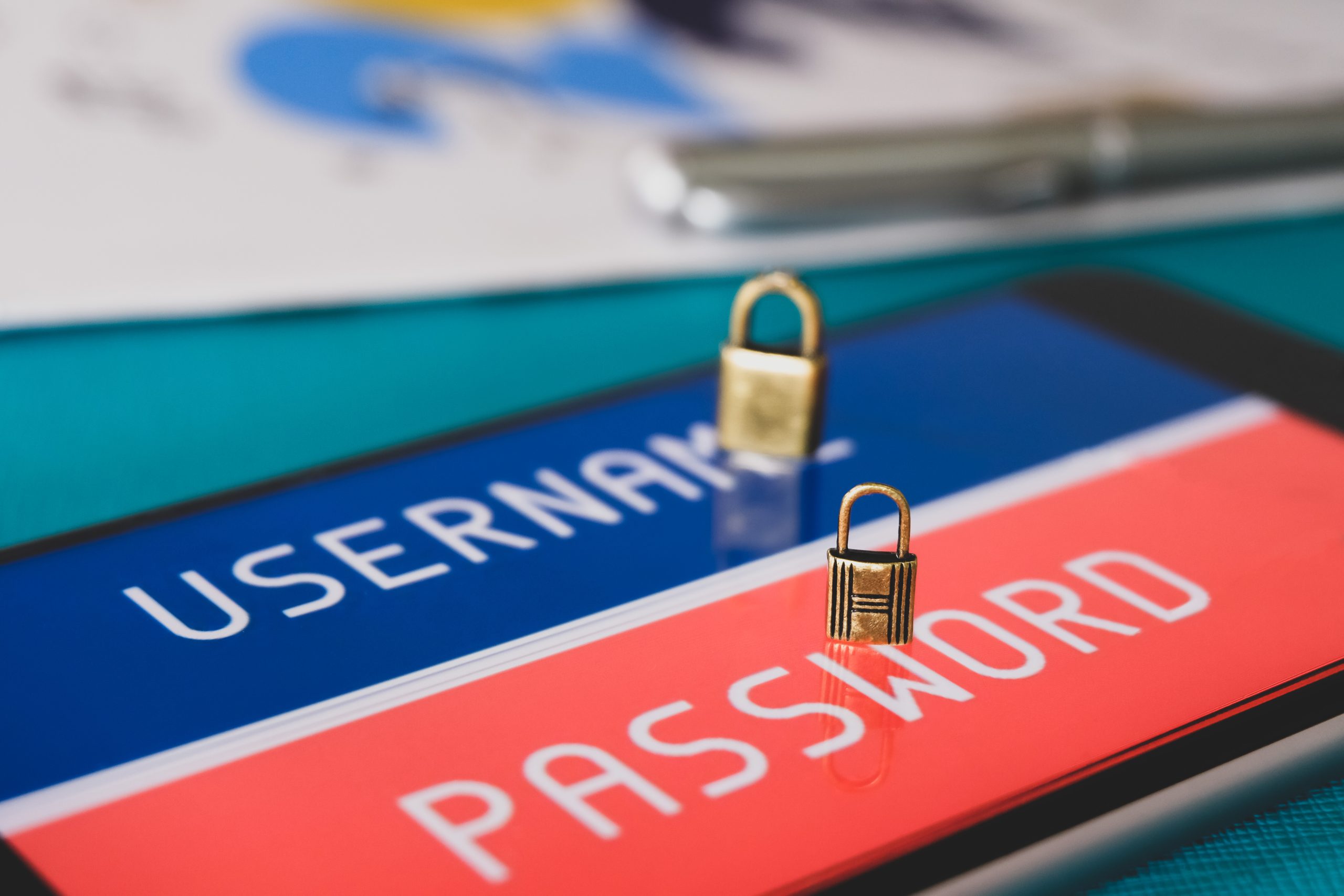In an era where data is a critical asset, protecting personal information has become a legal and ethical imperative. For small and medium-sized enterprises (SMEs) in South Africa, the Protection of Personal Information Act (POPIA or POPI) is a crucial piece of legislation that governs how businesses collect, store, process, and share personal data. Compliance with POPI is not only a legal requirement but also a way to build trust with customers and safeguard your business from potential risks. This article provides an overview of POPI and outlines practical steps for SMEs to achieve compliance.
What is POPI?
The Protection of Personal Information Act (POPIA or POPI), which came into full effect on July 1, 2021, is South Africa’s data protection law. It aims to regulate the processing of personal information by public and private entities, ensuring that individuals’ privacy rights are protected. POPI is aligned with global data protection standards, such as the European Union’s General Data Protection Regulation (GDPR), and applies to all organizations that process personal information within South Africa.
Key Objectives of POPI
- Protect Personal Information: Safeguard individuals’ personal data from misuse, unauthorized access, and breaches.
- Promote Transparency: Ensure that individuals are aware of how their data is being used.
- Establish Accountability: Hold organizations responsible for complying with data protection principles.
- Enable Rights for Individuals: Give individuals control over their personal information, including the right to access, correct, or delete their data.
Why POPI Matters for SMEs
For SMEs, compliance with POPI is not just about avoiding penalties—it’s about building trust and credibility with customers. Non-compliance can result in severe consequences, including fines of up to ZAR 10 million, reputational damage, and even imprisonment for responsible parties. Moreover, data breaches can lead to financial losses and operational disruptions, which can be particularly devastating for smaller businesses.
By complying with POPI, SMEs can:
- Enhance customer trust and loyalty.
- Reduce the risk of data breaches and associated costs.
- Gain a competitive advantage by demonstrating a commitment to data protection.
- Avoid legal penalties and reputational damage.
Key Principles of POPI
POPI is built on eight core principles that guide the lawful processing of personal information. SMEs must adhere to these principles to ensure compliance:
- Accountability: Take responsibility for complying with POPI and ensure that data processing activities are lawful.
- Processing Limitation: Collect only the minimum amount of personal information necessary for a specific purpose.
- Purpose Specification: Clearly define the purpose for collecting personal information and use it only for that purpose.
- Further Processing Limitation: Avoid using personal information for secondary purposes without consent.
- Information Quality: Ensure that personal information is accurate, complete, and up to date.
- Openness: Be transparent about how personal information is collected, processed, and shared.
- Security Safeguards: Implement measures to protect personal information from breaches, loss, or damage.
- Data Subject Participation: Allow individuals to access, correct, or delete their personal information.
Steps for SMEs to Achieve POPI Compliance
Complying with POPI may seem daunting, but with a structured approach, SMEs can effectively meet the requirements. Here are practical steps to achieve compliance:
- Appoint an Information Officer
- Designate an Information Officer (IO) responsible for ensuring compliance with POPI. In most SMEs, this role is often taken on by the business owner or a senior manager.
- Register the IO with the Information Regulator, as required by law.
- Conduct a Data Audit
- Identify all personal information collected, processed, and stored by your business.
- Map data flows to understand how information moves within and outside your organization.
- Develop a Privacy Policy
- Create a clear and concise privacy policy that outlines how personal information is collected, used, and protected.
- Make the policy easily accessible to customers and employees.
- Implement Security Measures
- Use encryption, firewalls, and access controls to protect personal information.
- Regularly update software and systems to address vulnerabilities.
- Train Employees
- Educate staff about POPI requirements and their role in protecting personal information.
- Provide training on data handling, cybersecurity, and breach response.
- Obtain Consent
- Ensure that individuals provide informed consent before collecting their personal information.
- Allow individuals to opt out of marketing communications.
- Establish Breach Response Procedures
- Develop a plan to detect, report, and respond to data breaches.
- Notify the Information Regulator and affected individuals in the event of a breach.
- Review Third-Party Contracts
- Ensure that third-party service providers (e.g., cloud providers, payment processors) comply with POPI.
- Include data protection clauses in contracts to hold vendors accountable.
The Role of the Information Regulator
The Information Regulator is the independent body responsible for enforcing POPI. SMEs must register their Information Officer with the Regulator and report data breaches within 72 hours of discovery. The Regulator also provides guidance and resources to help businesses understand and comply with POPI.
Conclusion
For SMEs in South Africa, compliance with POPI is both a legal obligation and an opportunity to build trust with customers. By understanding the principles of POPI and implementing robust data protection measures, SMEs can safeguard personal information, reduce risks, and enhance their reputation. In a world where data privacy is increasingly valued, POPI compliance is not just a regulatory requirement—it’s a strategic advantage. By prioritizing data protection, SMEs can position themselves for long-term success in the digital age.

